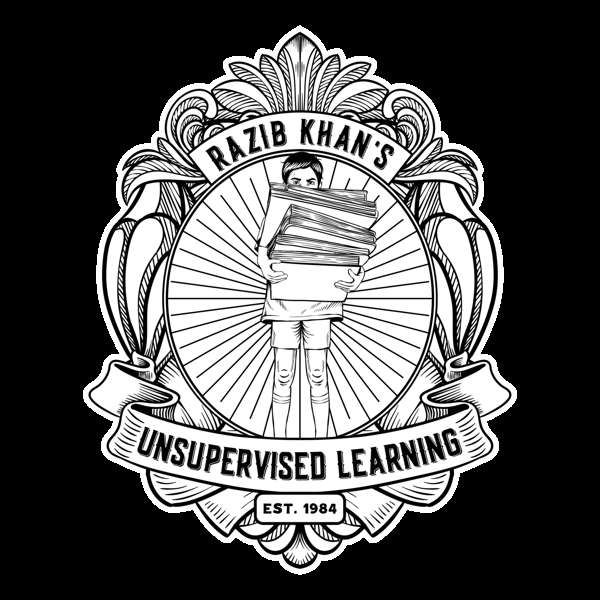Our multidisciplinary, quantitative lens can help deepen our understanding of perhaps the most complex of complex systems, namely, human behavior. The emergence, persistence, and demise of social institutions and their co-evolution with distinctive human behaviors – such as altruistic cooperation, out-group hostility and adaptive learning – are typically overlooked in standard economic and other behavioral science models. In line with the well-established scientific tradition of the Institute, this research is characterized by (a) its trans-disciplinary nature, (b) its use of nonlinear dynamical systems to study the explicit out-of-equilibrium dynamics of the relevant processes, (c) and sustained interaction between mathematical modeling and well-defined empirical case studies and problems of potentially great contemporary practical relevance.
NOTE: Please excuse the production quality of some of our older videos. They were transferred from our video tape archive.

 Our TOPPODCAST Picks
Our TOPPODCAST Picks  Stay Connected
Stay Connected







